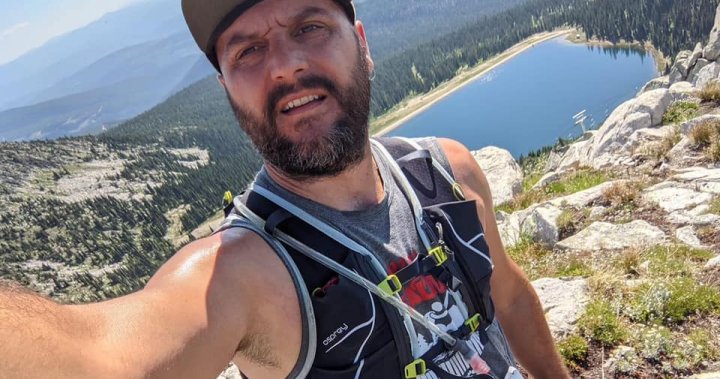The tragic crane collapse in downtown Kelowna, B.C., on July 12, 2021, continues to cast a long shadow over the community, particularly for those who lost loved ones. Helen Furuya, whose husband Brad Zawislak perished in the accident, along with four construction workers, remains steadfast in her pursuit of a fitting memorial to honor the victims. The proposed RISE Memorial, planned for a park near the site of the tragedy, represents not only a tribute to the lives lost but also a focal point for collective grieving and remembrance. Despite community fundraising efforts exceeding $160,000 and the generous commitment of local businesses to provide services at cost, the project encountered a significant hurdle when a provincial grant application for $150,000 was denied, leaving organizers and families disheartened and frustrated.
The denial of the grant application, initially met with silence from the provincial government, sparked public outcry and raised questions about the government’s priorities. Helen Furuya, along with other community members, expressed disappointment and a sense of being overlooked. The apparent lack of compassion from the province further compounded the grief and frustration experienced by the families, who were already grappling with the immense loss and the ongoing wait for answers surrounding the circumstances of the crane collapse. Public pressure, amplified by media inquiries, eventually prompted a response from the responsible minister, Spencer Chandra Herbert, who agreed to meet with the organizers to discuss the project and its needs.
This meeting, scheduled for later in the month, offers a glimmer of hope for the RISE Memorial project. While the ministry remained noncommittal about providing financial support, stating only that the minister looked forward to discussing the project’s needs, the meeting itself represents a significant step forward. It provides an opportunity for the organizers to directly address the minister, emphasizing the importance of the memorial not only for the families of the victims but also for the healing process of the entire community. The meeting also holds the potential for renewed consideration of the grant application or the exploration of alternative avenues for provincial support.
The community’s response to the denied grant application underscores the profound impact of the tragedy and the shared desire for a meaningful memorial. Residents expressed dismay at the government’s decision, emphasizing the importance of honoring the lives lost and supporting initiatives that contribute to healing and remembrance. The outpouring of support from local businesses, offering their services at minimal cost, further highlights the community’s commitment to the project. These companies, exemplified by Mountain Home Services, are willing to absorb costs and donate time and resources to ensure the memorial becomes a reality, demonstrating the collective sense of responsibility and the unwavering determination to see the project through.
Time is of the essence for the RISE Memorial project. Construction is scheduled to begin next month to ensure completion by the four-year anniversary of the tragedy on July 12. Any delay in securing funding could jeopardize this timeline and potentially postpone the project for up to a year. The dedication of local businesses, scheduling their resources and personnel to meet the current deadline, further emphasizes the urgency of securing the necessary funding. A postponement would not only delay the memorial’s completion but also prolong the emotional strain on the families and the community, who are seeking closure and a place for collective remembrance.
Beyond the immediate concern of funding the memorial, the families of the victims continue to grapple with the unanswered questions surrounding the crane collapse. The ongoing criminal investigation, which concluded with a report submitted to the BC Prosecution Service for charge assessment, has yet to yield any publicly disclosed findings. This lack of information hinders the healing process, leaving the families in a state of limbo, unable to fully understand the circumstances that led to the tragic loss of their loved ones. For Helen Furuya, and undoubtedly for the other families, knowing the facts is crucial for moving forward and finding a sense of closure amidst their grief. The completion of the RISE Memorial, while providing a tangible space for remembrance, will not fully alleviate the pain and frustration until the truth surrounding the tragedy is revealed.

